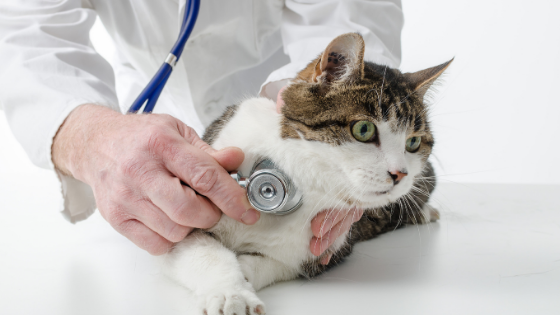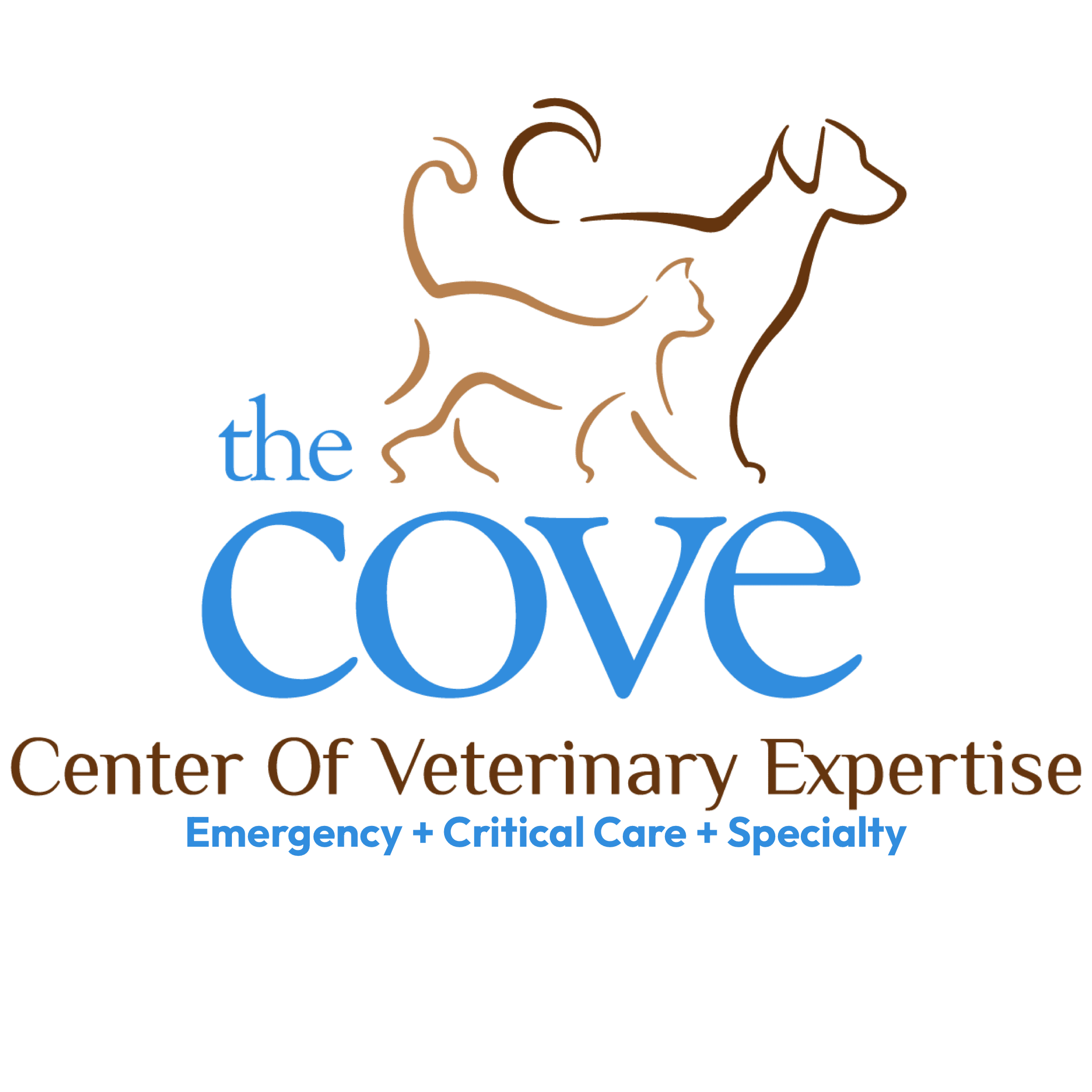[et_pb_section admin_label=”section”]
[et_pb_row admin_label=”row”]
[et_pb_column type=”4_4″]
[et_pb_text admin_label=”Text”]
They’re four words that no pet parent wants to hear: “Your pet has cancer.” A cancer diagnosis is never easy, but it doesn’t always equal the end. Believe it or not, cancer treatment options for pets are incredibly advanced, and many cats and dogs do well, suffering few of the side effects more common in human treatment. But as with human cancer, early detection can make a dramatic difference in ensuring a happy outcome.
November is Pet Cancer Awareness Month, so let’s start by becoming more aware of what cancer in pets may look like.
Signs & Symptoms of Cancer in Dogs and Cats
- Lumps and bumps: It can often be difficult to tell the difference between any old mass and a cancerous growth, so have your veterinarian check any new bumps, especially those that seem to be growing.
- Decreased or loss of appetite
- Decreased movement or reluctance to exercise
- Difficulty eating or swallowing
- Difficulty breathing, urinating or defecating
- Vomiting or diarrhea
- Persistent lameness
- Recent onset of a persistent offensive odor
- Unexplained weight loss or gain
Of course, these symptoms are not unique to cancer and could easily be attributed to something else. That’s why it’s imperative to bring your pet to the veterinarian at the first sign of illness. If your primary care veterinarian suspects cancer, they may refer you to a pet cancer specialist (a board-certified veterinary oncologist) for further testing and/or a board-certified veterinary surgeon, like Dr. Jeff Stallings here at The COVE, for advanced surgical care.
Common Types of Cancer
- Lymphoma is one of the most common cancers seen in dogs and cats. The usual sign in dogs is swollen lymph nodes under the jaw, in front of the shoulders, or behind the knees. For cats, it’s weight loss and anorexia.
- Mast cell tumors, which typically form on the skin, can vary from relatively benign to very aggressive and often spread to other parts of the body. A pet suffering from a mast cell tumor may experience symptoms of vomiting, diarrhea, or inappetence.
- Osteosarcoma is the most common bone cancer in dogs, occurring most frequently in large and giant breeds. Osteosarcoma routinely attacks the long bones in the limbs but can affect any bone. Pet owners notice swelling, lameness, or pain in the affected limb in the early stages.
- Hemangiosarcoma develops from cells that line the blood vessels, most commonly attacking the spleen, liver, heart, and skin. There are seldom any signs of illness until the tumor ruptures, causing shock.
- Soft tissue sarcomas are tumors that emerge in a cat’s muscle, connective or nervous tissues anywhere on the body. A lump is often the first sign of illness.
- Squamous cell carcinomas are malignant, aggressive tumors that often show up in a cat’s mouth, leading to pain and difficulty eating.

Pet Cancer Treatment Options
Depending on the type and stage of cancer your pet has, treatment may range from chemotherapy and immunotherapy – using the body’s immune system to help fight the cancerous cells – to surgical options or radiation therapy. Veterinary oncologists may partner with other specialists to assist with treatment options.
A comforting note: Pets can often tolerate many types of cancer therapies better than humans, including chemotherapy. And while no pet parent wants their pet to lose a limb, in some cases, especially with aggressive osteosarcomas, amputation of the affected limb is often the best way to stop cancer from spreading and relieve the pet’s pain.
Cancer can be a difficult hurdle for you and your pet to overcome. But with preventive measures, early intervention, good medical care, and a loving environment, your pet will have a fighting chance of recovery.
As always, if you notice any of the symptoms above or a bump or lump that is larger than a dime, please speak to your veterinarian.
To learn more about cancer in pets, visit the American Veterinary Medical Association’s website, NC State Veterinary Hospital’s resource on commonly encountered tumors, or VetsSpecialists.com oncology section.
[/et_pb_text]
[/et_pb_column]
[/et_pb_row]
[/et_pb_section]
About Us
The COVE’s veterinarians and staff wholeheartedly embrace the core values of community, collaboration, commitment, compassion, and integrity. This focus ensures that pets, the people who love them, and their primary care veterinarians have as positive and affirming a healthcare experience as possible, regardless of the circumstances that bring us all together.
